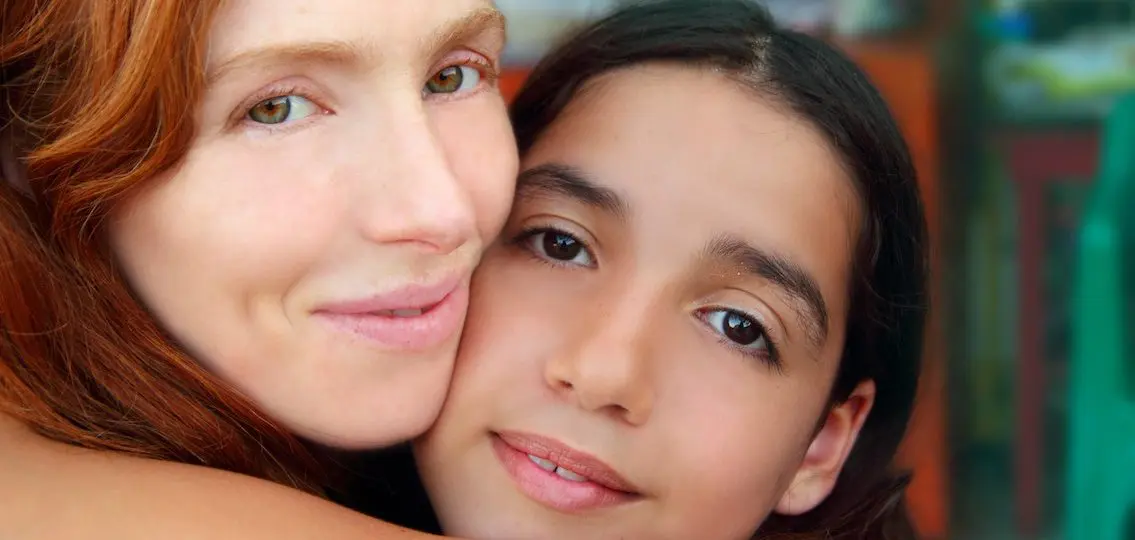In these stressful times, a dad reflects on taking a gentler approach with his teenager.
When the lockdown started, we braced for trouble. Our daughter is a highly sociable, extremely energetic 15-year-old whose world revolves around school, her teachers, and her friends—in other words, she’s a typical teenager. With school closed, the lack of freedom to go out, no sporting activities, and too much free time spent on the phone, we knew we were in for it.

As expected, in the beginning it was very difficult for all of us. My wife and I are healthcare workers, so we’re very busy during this pandemic. Coming home and having to face an angry, disgruntled teen after the terrible stress of work was just too much.
We started to fall back on the old way of doing things, with scolding, punishments, and consequences.
But it just seemed like things were getting worse. There was no end to it.
While we were busy working, our daughter was home alone and feeling like her world was falling apart. She was likely very worried about us as well, though she would never admit it. About a week after the lockdown started, I was quarantined on suspicion of having COVID-19. I tested negative and was allowed to go back to work, but that was scary for all of us. While in quarantine, I read an eye-opening article about the impact of this terrible time on teenagers and the general feeling of grief and loss they feel.
My daughter is supposed to graduate from high school this year. She and her peers will not have a graduation, they won’t have a prom, and she won’t even have a proper final exam. If we as adults feel so bad about the changes we see, and about the way things are going to be, how much worse must teenagers feel? How much of their childhood has been taken away?
So, we decided to try something completely different, something that goes against the grain of our usual parenting: ignoring everything.
The mess, the rudeness, the wisecracks, the angry remarks, all of it. We stopped all punishments and consequences—no more withholding privileges or cutting off the Wi-Fi. Instead, we showered her with love and hoped for the best.
This doesn’t mean that there are no rules or boundaries for her. The same rules apply, but we are letting the small things slide. With the world teetering on the edge, clutter and a bit of teen rudeness did not seem worth acting on.
The first week, she probably noticed that we weren’t in her face so much, but mostly ignored us. We cleared away her things, her dishes, her books for online schooling, the pillows on the floor. And we kept trying to talk to her.
We sent her daily messages about how proud we are of her and how much we love her. That we understand how difficult it is for her. The replies were usually one word: “OK.” This was progress. Normally, there would be anger or snark.
After two weeks, we noticed changes.
She started clearing away her stuff and was not so rude. She started clearing up her room. Talking to us. Joining us to watch TV. And she stopped reacting angrily to us.
By the third week, we started some projects together. We baked bread, something we had never done before. We started a 1,000-piece jigsaw puzzle. She made jam with me, and now she actually helps me cook dinner. She even cut my hair! In my free time I troll the web looking for ideas of things to do together.
For now, our method seems to be working for us. By backing off, trying to understand her feelings, by just shutting up (and biting my tongue), by being kinder to her, we are seeing the old loving daughter who used to spend time with us.

Will we continue with this unorthodox method of parenting once the lockdown is lifted and school resumes? I don’t know. But life is never going to be the same for any of us again, adults or children.





